Valley Fever Is Spreading Across the Arid West, Affecting People and Dogs
In the den of his small apartment in Stockton, 56-year-old Rex Dangerfield sits at a table. The walls are bare, and the space stripped down to essentials. The T-shirt he wears, stamped with the words “I am a Survivor,” drapes loosely over his narrow frame. When he walks to his kitchen, his steps can be uncertain.
Years ago, a soilborne fungus made its way into his lungs, then into his brain.
“I was helping my mother-in-law re-garden her backyard,” he recalled of a warm spring day in Patterson in 2013. Within two weeks, headaches began. Doctors first blamed migraines. In 2015, he collapsed at work, spiraled into delirium and landed in a hospital bed. The diagnosis was the most feared form of valley fever: meningitis. It can be fatal without lifelong treatment.
“I don’t feel normal anymore,” Dangerfield said through tears. “I used to be able to play basketball. I used to love to bowl. I can’t do that anymore.”
Valley fever, or coccidioidomycosis, is caused by a fungus that thrives in the soil of California’s Central Valley and other arid parts of the West. Churning up the ground can release its tiny spores into the air where they can be inhaled.
Valley fever is also affecting dogs throughout California. Many of them are referred to the UC Davis veterinary hospital.
“I've had dogs that have been referred to me because they’ve been diagnosed with chronic kennel cough, when in fact they have valley fever,” said Dr. Jane Sykes, a UC Davis small animal veterinarian with a specialty in infectious diseases.
Author: Amy Quinton
Source: https://www.vetmed.ucdavis.edu/


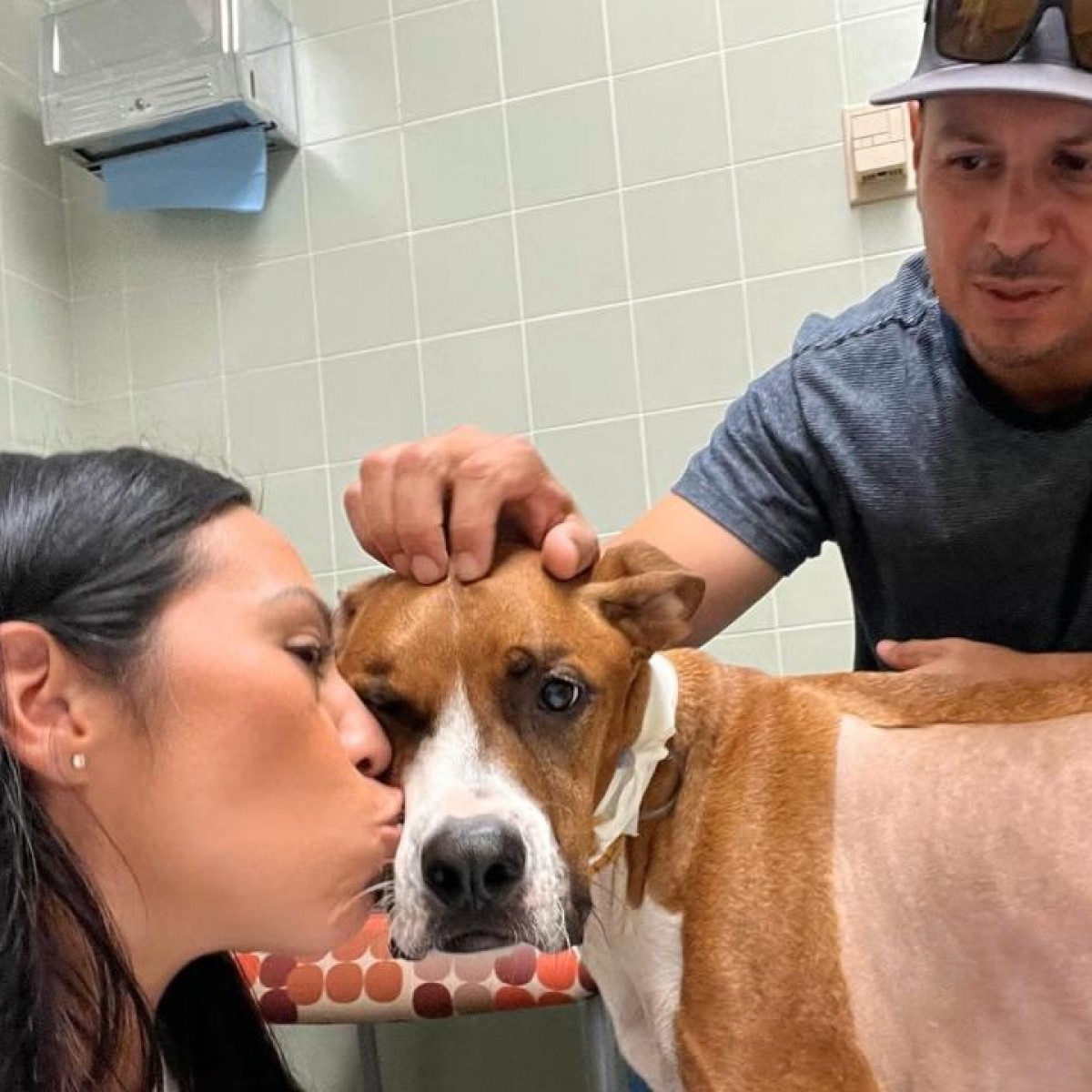
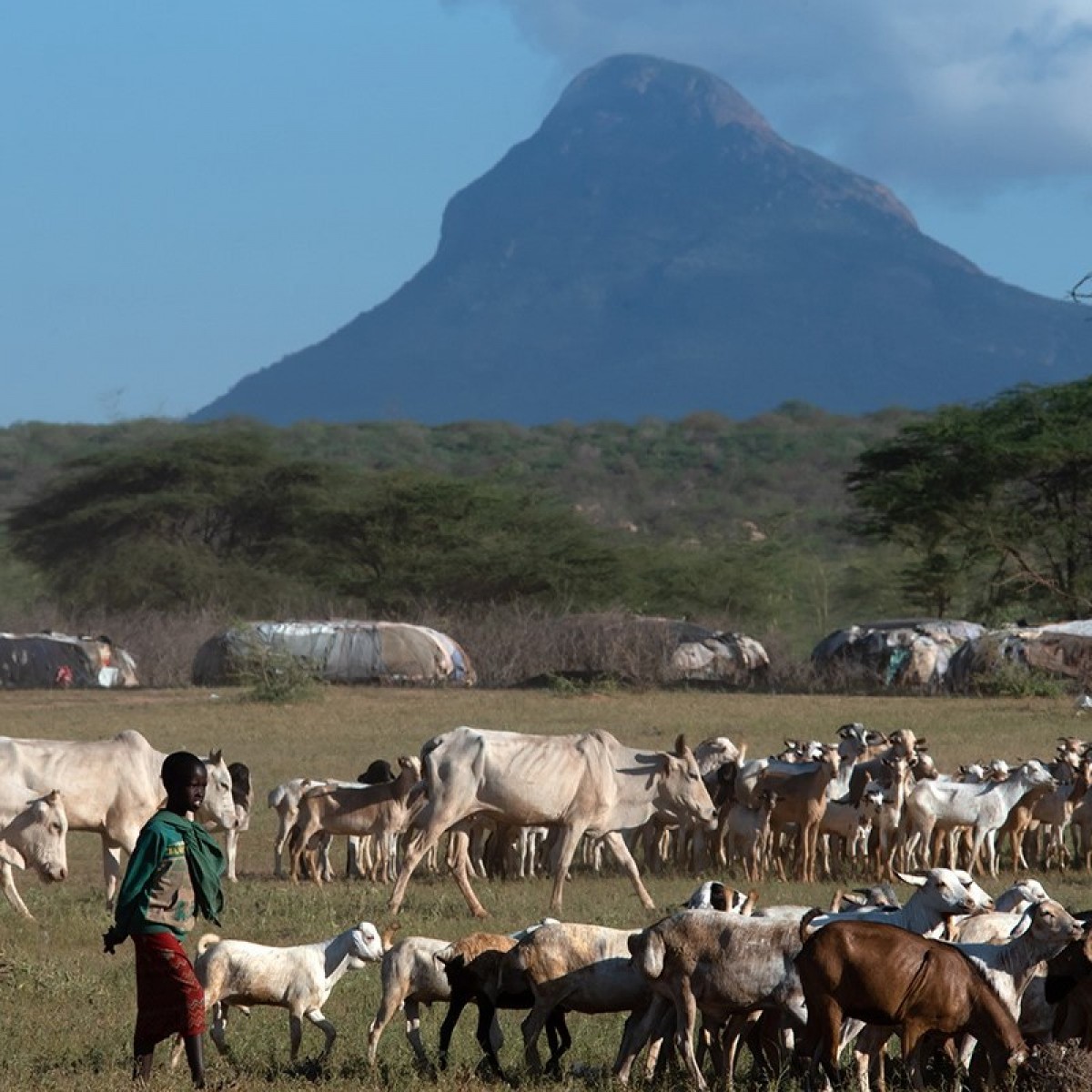



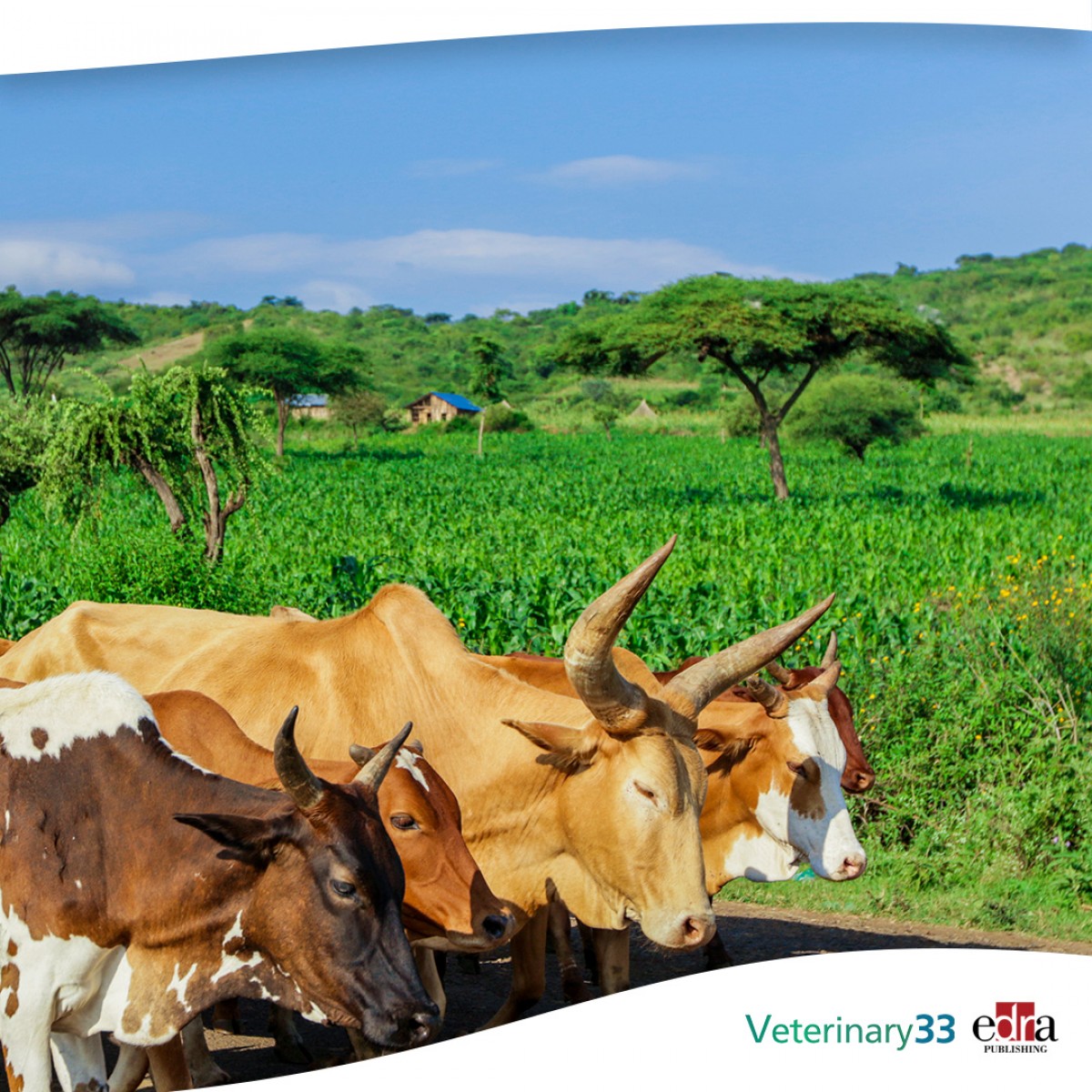
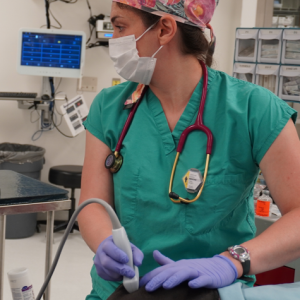
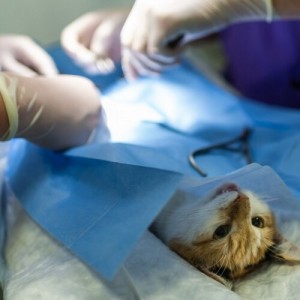
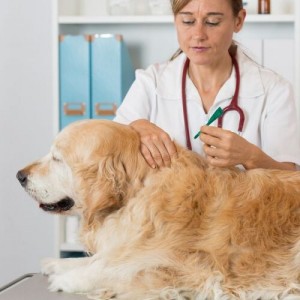


List
Add
Please enter a comment